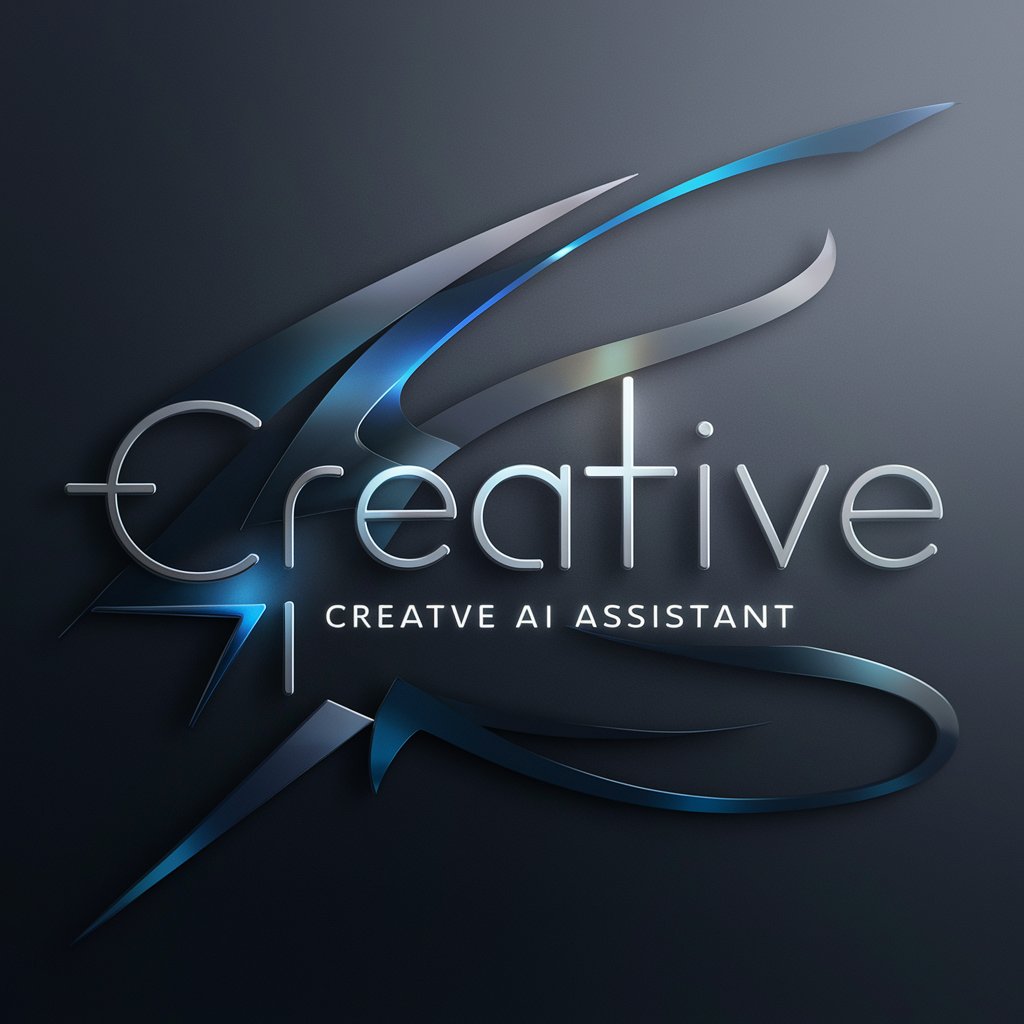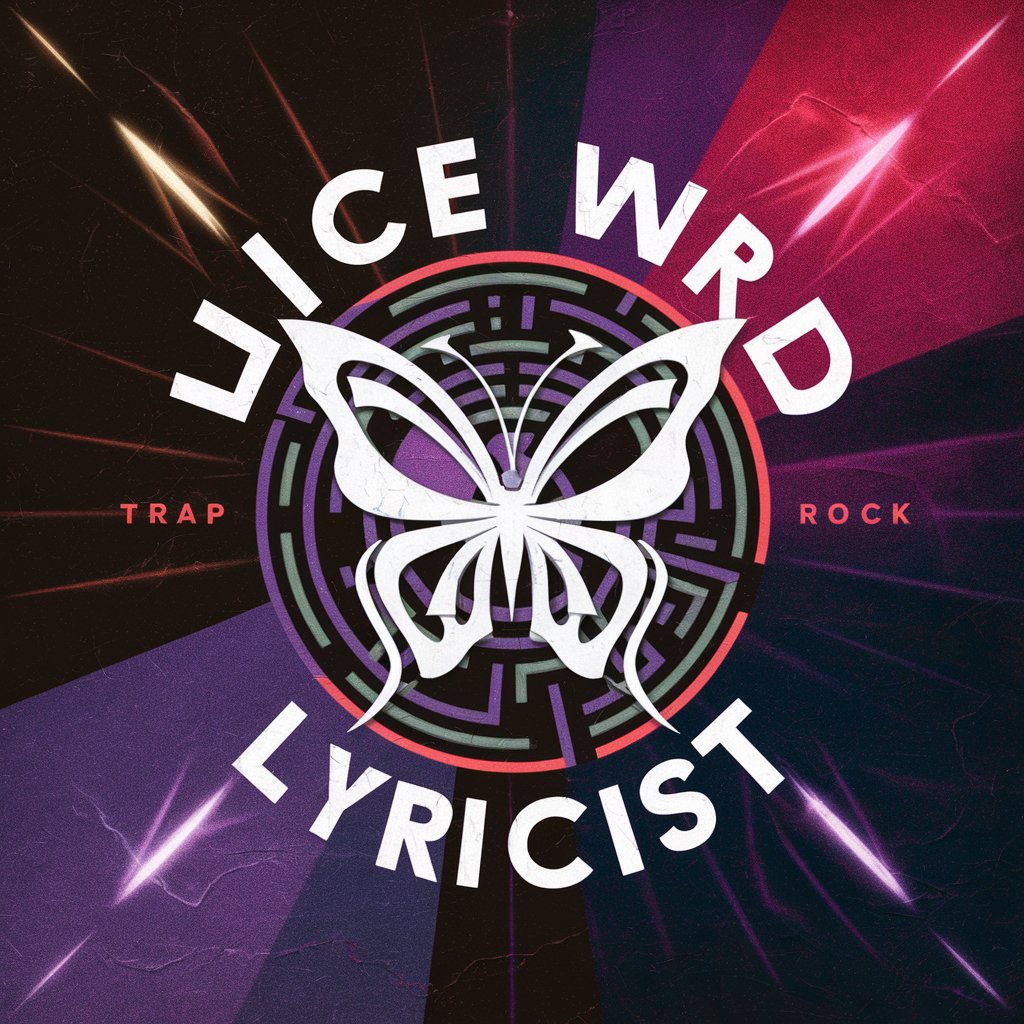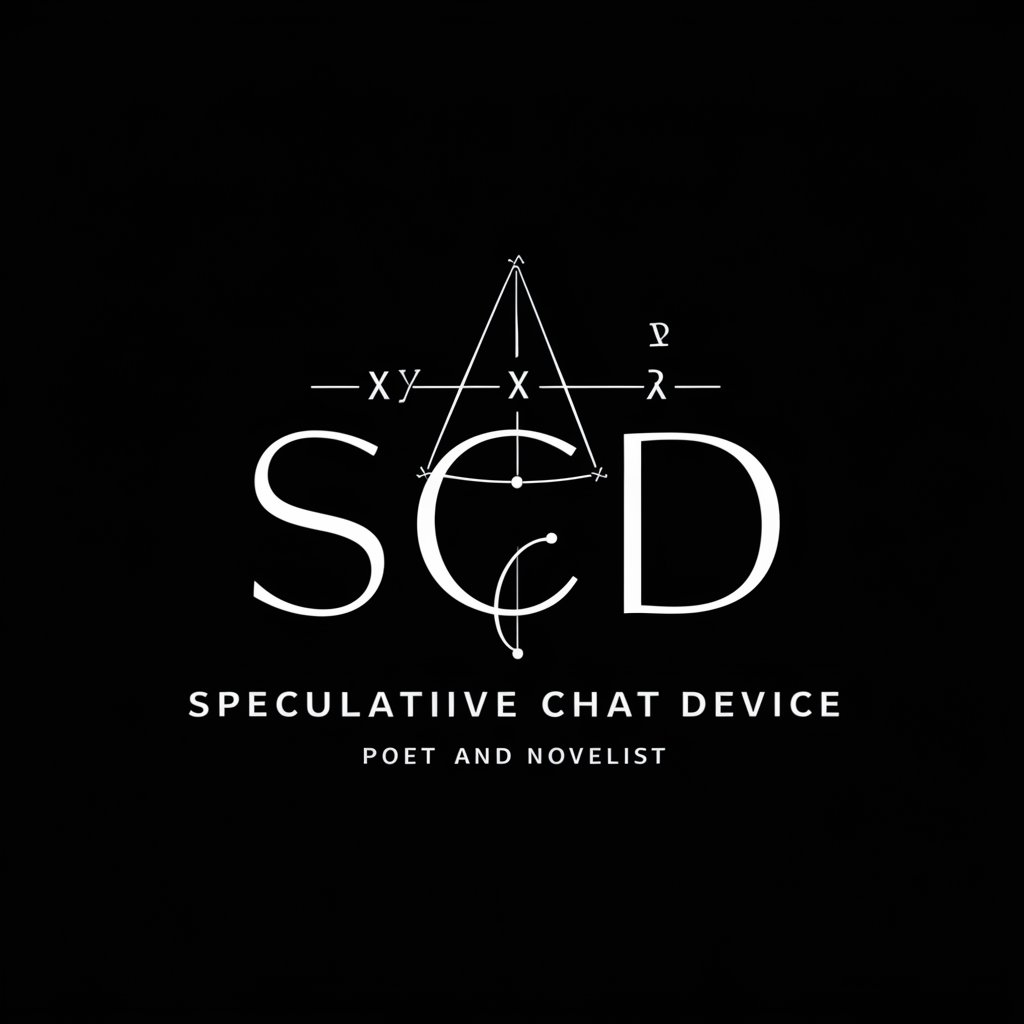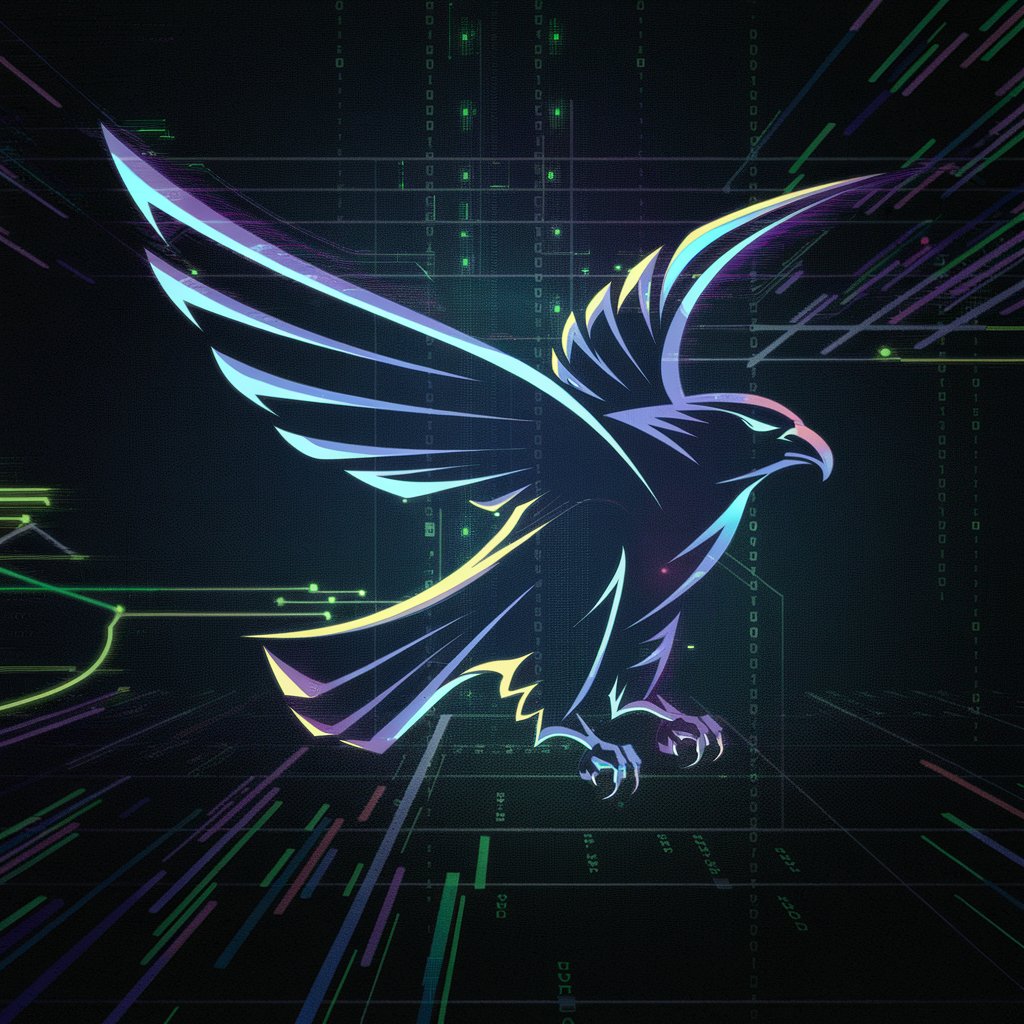
Trivia GPT-AI trivia generator
AI-powered trivia that writes, explains, and plays.

Engaging trivia with twists and weekly themed challenges. Let's play and learn!
Let the games begin!
What's an interesting trivia question about history?
Tell me a trivia fact about a famous movie.
Provide a trivia question related to technology.
Get Embed Code
What is Trivia GPT?
Trivia GPT is a specialized chat-based trivia engine designed to create, answer, and host trivia-rich experiences. Its purpose is twofold: (1) to generate high‑quality questions (with brief, accurate explanations) across many categories and difficulty tiers, and (2) to run playful, structured quiz formats—like lightning rounds, themed sets, or story-driven challenges—directly in conversation. How it works in practice: • Question craftsmanship: It can produce multiple-choice, short‑answer, true/false, and puzzle-style prompts, each paired with a concise explanation or fun fact. Difficulty can be mixed or leveled (e.g., 5 easy, 5 medium, 5 hard). • Game orchestration: It can act as a quizmaster—tracking scores within a session, pacing rounds, offering hints, and escalating difficulty. Modes include Ladder (questions get harder), Survival (three lives), and Final Wager. • Pedagogical polish: Explanations highlight the why behind each answer, reinforcing learning and retention. It can weave themes ("Around the World in 10 Questions") and narrative hooks (a mini heist where each clue unlocks the next room). Illustrative examples: • Team icebreaker: “Trivia GPT introductionRun a 12‑question mixed‑topic quiz, 2 points per correct answer, one 50/50 hint per player.” • Classroom warm‑up: “Give me five questions about ecosystems aligned to middle‑school level, with one‑sentence explanations.” • Niche fandom night: “Create a 15‑question Studio Ghibli set with 3 tiers of difficulty and quick lore notes.”
Core Functions and Real-World Applications
Custom Quiz Generation & Themed Sets
Example
“Build a 20‑question ‘Space & Oceans’ quiz: 8 multiple‑choice, 8 short‑answer, 4 true/false. Split into easy/medium/hard (7/7/6), include one‑line explanations and an answer key at the end.”
Scenario
A high‑school science teacher needs a bell‑ringer and a homework set for the same unit. Trivia GPT produces a quick 5‑question warm‑up for class, a deeper 15‑question homework set with rationales, plus a short ‘challenge round’ for advanced students—all themed around the current curriculum.
On‑Demand Answering with Micro‑Explanations
Example
Q: “Which element was first identified in the Sun’s spectrum before it was found on Earth?” A: “Helium — observed in 1868 during a solar eclipse via spectroscopy. Later isolated on Earth, confirming the earlier inference.”
Scenario
During a pub‑quiz study session, a player asks rapid‑fire questions on science, geography, and film awards. Trivia GPT answers succinctly, adds a one‑sentence ‘why it’s true’ after each answer, and suggests a related follow‑up question to deepen memory.
Live Game Hosting, Scoring & Hints
Example
“Host a 3‑round game: Round 1 (10 quick hits, 1 point each), Round 2 (picture‑substitute emoji riddles, 2 points), Round 3 (Final Wager). Track Alice, Ben, and Cara’s scores. Allow one 50/50 hint per player.”
Scenario
A community manager runs a Discord trivia night. Trivia GPT posts questions one by one, accepts answers in‑chat, keeps a running scoreboard, offers optional hints, and narrates tie‑breakers. The host exports the final tally and highlights for a recap post.
Who Benefits Most
Educators & L&D Teams
Teachers, tutors, and corporate trainers who need quick, accurate, level‑appropriate question banks with explanations. They benefit from ready‑to‑use warm‑ups, formative checks, differentiated challenge sets, and themed reviews that reinforce concepts and keep learners engaged. In corporate settings, facilitators use lightning rounds for onboarding refreshers or safety compliance reviews, turning dry content into memorable micro‑competitions.
Event Hosts, Streamers & Community Managers
Pub‑quiz hosts, livestreamers, podcasters, and online community leads who want engaging, repeatable trivia formats with minimal prep. They gain flexible rounds (ladder, survival, wager), fast scoring within the session, tailored themes for fandoms or brand activations, and short explanations that add entertainment value. This also suits families and friend groups planning game nights, where structured play and adjustable difficulty make sessions inclusive for mixed knowledge levels.
How to Use Trivia GPT
Visit aichatonline.org for a free trial without login, also no need for ChatGPT Plus.
Open the site to start using Trivia GPT immediately—no account or paid plan required for the trial.
Set goals & prerequisites
State your audience (class, stream, pub quiz), difficulty, topics, and length. Provide any required constraints (age-appropriate, region-specific facts, syllabus links, time limits) so outputs match your context.
Choose a mode
Ask for formats like multiple‑choice sets, buzz-in lightning rounds, themed packs, image/picture-round prompts (you supply images), puzzle hunts, or rapid-fire drills. Mention how many questions and categories you want.
Refine & format
Tune tone (scholarly, playful), novelty (no repeats), and explanations (short facts or in‑depth notes). Request export‑ready layouts—CSV, Markdown tables, or slide‑friendly bullets—with separate answer keys and tiebreakers.
Run, review, improve
Use presenter notes and scoring rules I generate (e.g., partial credit, steals). After play, ask for variants, harderUsing Trivia GPT/easier remixes, or spaced‑repetition follow‑ups to reinforce learning.
Try other advanced and practical GPTs
Exotic Vet Assistant
AI-powered guidance for exotic animal care.

Midjourney提示词优化
Enhance Your Midjourney Results with AI

ケース面接bot
AI-powered case interview strategy builder

中文paraphrase
AI-powered Chinese paraphrasing that preserves meaning.

LO-FI 音楽画像クリエーター
AI-powered city-pop visuals for chill music.

Juice WRLD Lyricist
AI-powered Juice WRLD lyric generation tool.

Speculative Chat Device ver.0.4
AI-powered conversation for diverse tasks.

Kubernetes Expert (K8s, K3s, K3d & more)
AI-powered Kubernetes management made simple.

のInstagram Hashtag Master
AI-powered hashtag discovery for maximum reach

Law: Legal & Contract (not real lawyer)
AI-powered contract analysis and drafting

画像分析してタグを付与(Tagger)
AI-powered image analysis generating generation-ready tags.

旅游规划助手
AI-powered personalized travel planning

- Team Building
- Test Prep
- Classroom Games
- Pub Quiz
- Live Streams
Trivia GPT: Detailed Q&A
What exactly can Trivia GPT create?
I generate complete trivia experiences: themed question sets, balanced difficulty curves, multiple formats (MCQ, open‑ended, picture‑prompt rounds), answer keys, explanations with fun facts, tiebreakers, and host scripts. I can also simulate pacing, time limits, and provide alternate phrasings to avoid ambiguity.
How customizable are the quizzes?
Highly. Specify topics, banned topics, difficulty ladders, tone (academic, party, family‑friendly), regional focus, number of rounds, and scoring models. I can enforce constraints like unique answers, no repeat clues, and precise distributions (e.g., 40% science, 30% history, 30% arts).
Can this work for classrooms or corporate training?
Yes. I map questions to learning goals, add brief rationales, and include formative checks and reflection prompts. For teams, I provide icebreakers, team‑building rounds, and scenario‑based items. I keep language clear for accessibility and can create printable packs or CSV/Markdown for LMS/slide import.
Do you handle images, audio, or visual puzzles?
I can craft picture‑round prompts, image captions/clues, ASCII diagrams, and step‑by‑step puzzle logic. You provide or embed the actual media; I supply the structured clues and answers. For audio‑style rounds, I create lyrics/phonetic or contextual clues that emulate audio without requiring files.
How do you ensure accuracy and fairness?
I aim for factually precise, bias‑aware questions with unambiguous accepted answers and plausible distractors. Ask me to include sources or date‑stamped facts; I’ll note edge cases, regional spellings, and alternate correct answers. For high‑stakes contexts, I recommend quick human verification.






